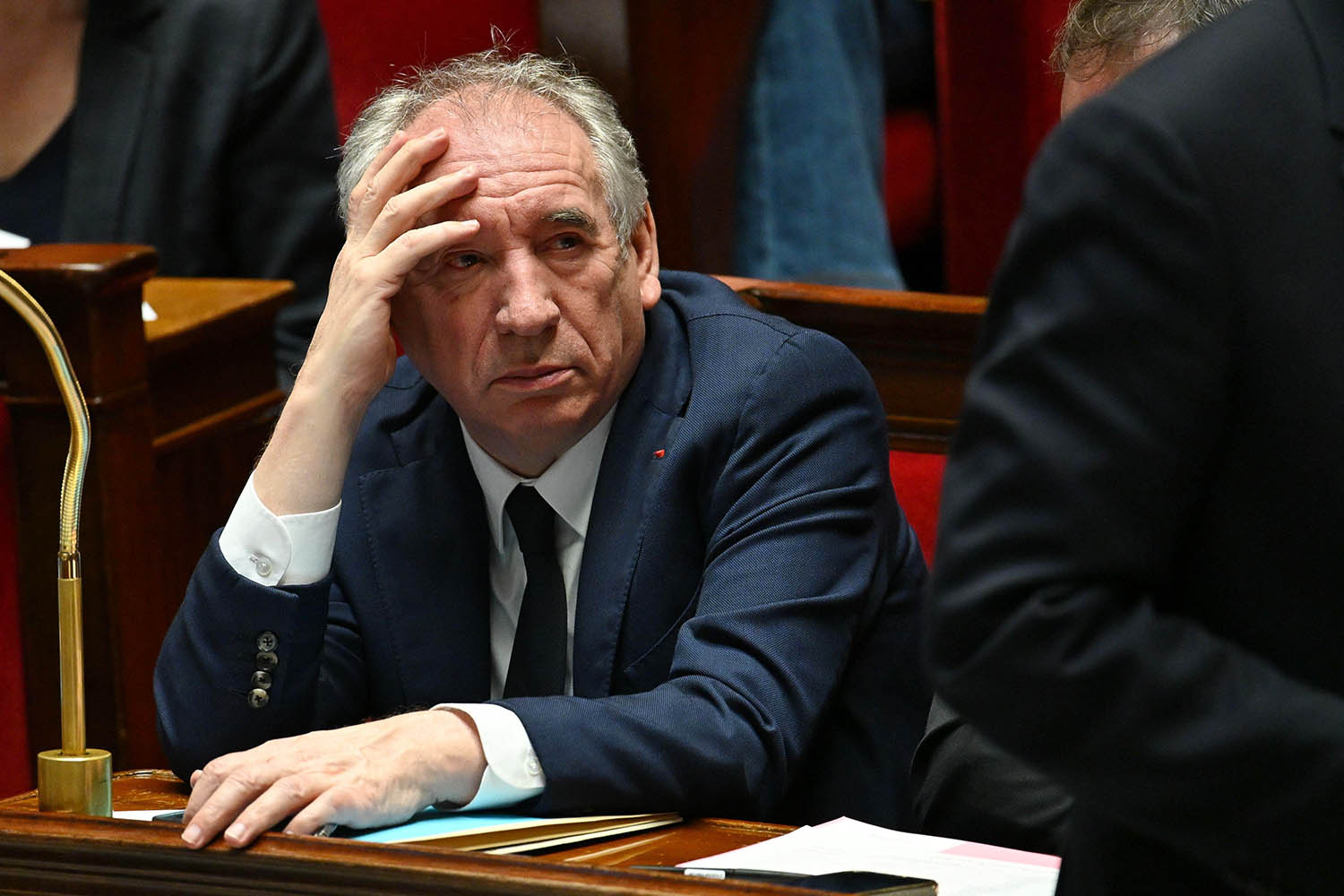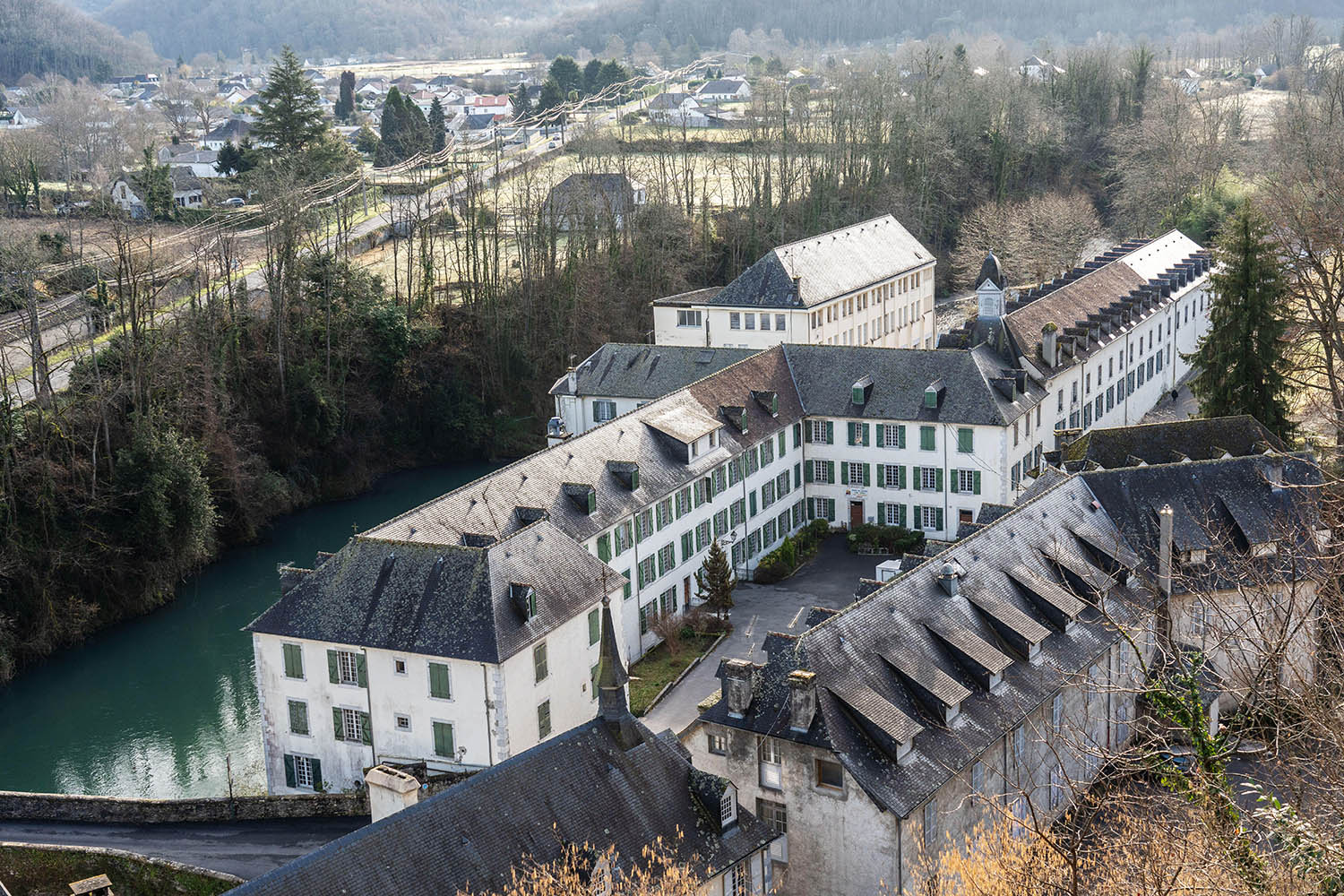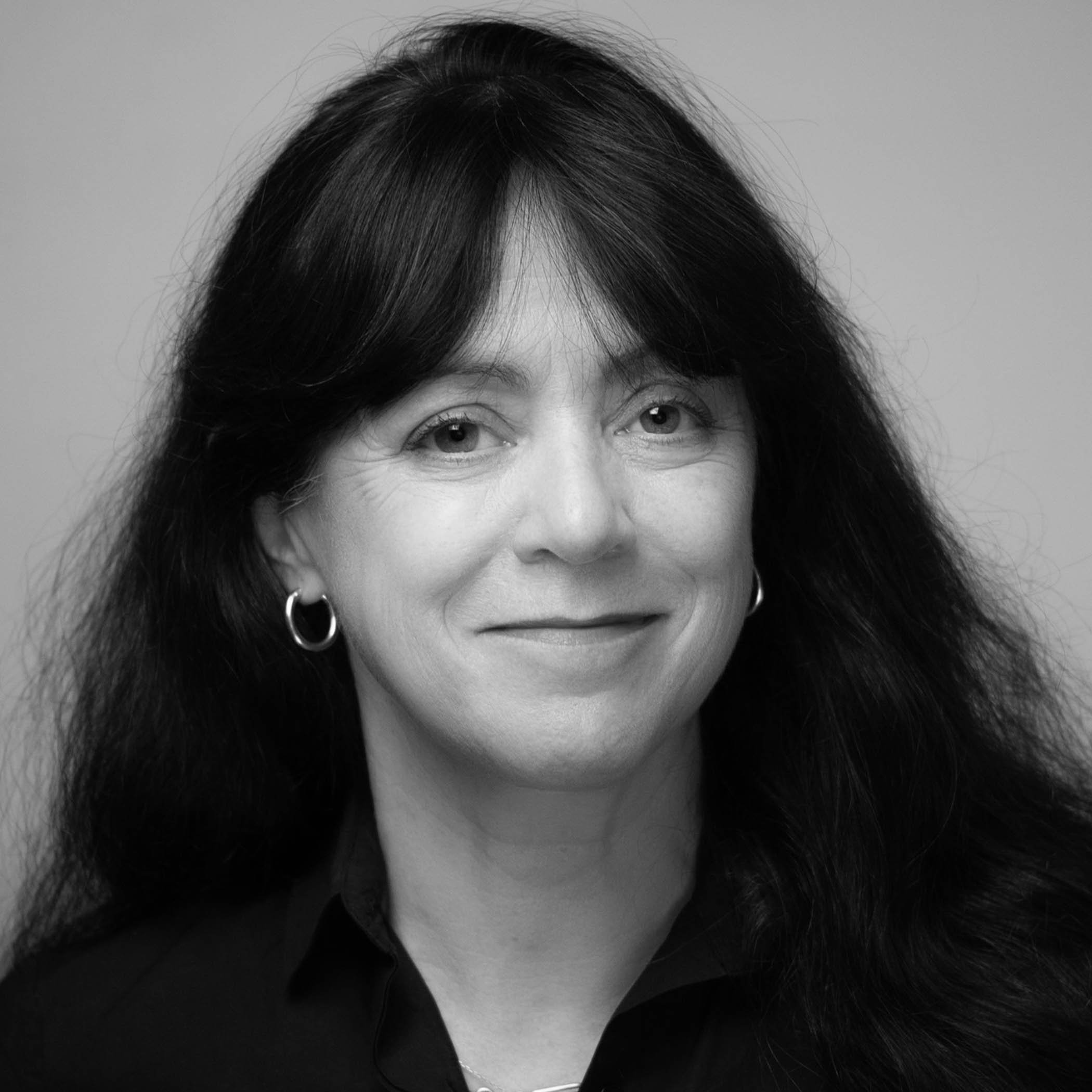Not for the first time this year, France has been forced to confront the fallout of a heartbreaking abuse scandal, this time one in which hundreds of schoolchildren were subjected to “torture, monstrous acts and sadism”.
A parliamentary commission examining the extent of sexual and physical abuse at the Notre-Dame de Bétharram school has come just weeks after the country reeled from the conviction of paedophile surgeon Joël Le Scouarnec for a 25-year-long campaign of rape or abuse of more than 299 victims, most under 15.
This latest scandal has French prime minister François Bayrou, 74, battling for his political future and poses fundamental questions about government failings that allowed the abuse to continue for more than two decades.
The commission’s 330-page report that centred on the Bétharram school in south-west France and other private schools suggested last week that officials, including Bayrou, were informed of the “persistent violence” in the 1990s but did not act.
Bayrou, education minister between 1993 and 1997 at the time of the worst allegations of pupil abuse, sent several of his children to Bétharram. He was friends with its headmaster, Father Pierre Silviet-Carricart – who committed suicide after he was accused of the rape and sexual assault of a pupil – and his wife Elisabeth taught catechism at the school. Despite this, Bayrou has vehemently denied knowing of the abuse.
Éric Arassus is one of more than 200 former Bétharram pupils who have reported abuse and was in the same class as Bayrou’s son, Calixte. He acknowledged there was an omerta but felt it was impossible Bayrou had not been made aware of abuse at the school, which had a reputation as “l’ecole des frères tapent dur” (the school of tough clerics).
“Calixte knew all about it… Elisabeth Bayrou who taught us catechism used to talk to us all the time about forgiving ourselves, forgiving adults, that one day the good Lord will do what he has to do,” Arassus told his local TV station.
The report points the finger at Bayrou. It says the failure of Bayrou to act allowed the “physical and sexual violence against the pupils of Bétharram” to continue for years.
Isabelle Debré, president of the child-protection charity L’Enfant Bleu, said it had raised the alarm about violence at another private Catholic school, Saint-Jean de Pélussin in the Loire, in 1996 after reports that a member of staff pushed a 10-year-old boy down a flight of stairs and then kicked him in the stomach.

Francois Bayrou at the National Assembly on 4 March.
“The ministry knew of the physical abuse in at least one school because L’Enfant Bleu wrote to François Bayrou in 1996. The letter exists, but it seems nothing much happened as a result,” Debré told The Observer. “Everyone knew and nobody did anything. If Mr Bayrou didn’t know, and he should have, those in his office knew. It is incomprehensible that nothing was done.”
Newsletters
Choose the newsletters you want to receive
View more
For information about how The Observer protects your data, read our Privacy Policy
Fatiha Keloua Hachi, president of the cross-party commission, said children all over France were “subjected to monstrous acts”. She described the cases of severe sexual and physical violence recounted by former pupils’ as “torture” and “absolute sadism”.
The commission has called for stricter controls on France’s estimated 7,500 private schools after it found there had been only 12 inspections in total between 2017 and 2023.
Coming so soon after the Le Scouarnec case, described as the biggest child abuse trial in France, the Bétharram scandal has led to soul-searching over the repeated failings of those tasked with protecting children.
Everybody knew and nobody did anything. For some reason, protection of children is not a priority’
Everybody knew and nobody did anything. For some reason, protection of children is not a priority’
Isabelle Debré, charity chief
In the past five years, the writer and film director Vanessa Springora revealed how prize-winning author Gabriel Matzneff groomed her when she was 13 years. Matzneff was one of several French intellectuals, including Jean-Paul Sartre, Simone de Beauvoir and Bernard Kouchner, who petitioned for the age of sexual majority to be lowered to 13 in 1977.
Last year, it was claimed the Catholic church had hushed up allegations from the 1950s that the national icon and founder of the Emmaüs charity, Abbé Pierre, who died in 2007, had sexually abused a number of people including children.
With each new scandal, France has struggled to understand why another of its great and good might have been guilty of abuse, and how the authorities either turned a blind eye or failed to act on credible allegations.
“Politicians have prioritised the campaign against violence against women, which is absolutely important, but behind a battered woman are often battered children,” Debré said. “For some reason, the protection of children is not a priority.”
The commission has published a list of 50 measures including a compensation fund for victims, a hotline for staff and parents to report abuse, and recognition of the state’s failings that allowed abuse to continue. The Bétharram religious authorities said they were looking at “reparations for the sexual and physical violence committed in its midst”.
Like Bétharram’s victims, it has taken decades for them to finally speak out.
“Before, parents had confidence in the church and the education system and didn’t think such abuse was possible. They wanted a stricter, firmer education for their children,” Debré said.
“But we’re not talking about the ruler or the cane here, which is bad enough. This was absolute cruelty. People knew and I really don’t know why they didn’t act.”
Photographs: Jonathan Cathala; Julien Mattia/Le Pictorium/Alamy

